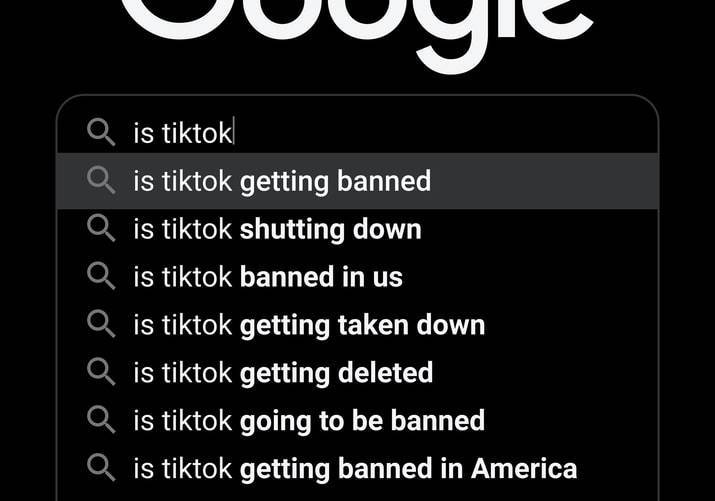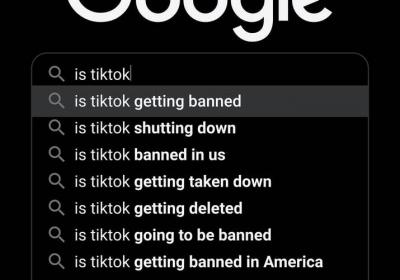In the summer of 2020, President Donald Trump developed a strange obsession with TikTok. Amid a widespread pandemic, record-high unemployment, and nationwide racial unrest, daily news headlines shifted to the Chinese-owned social media app. Episode six of the program titled "The Struggle: The Story of TikTok" begins during a time when relations between the United States and China were strained. Trump had launched a years-long trade war and blamed China for the outbreak of the coronavirus. In August 2020, in an attempt to strike another blow against Beijing, Trump issued a pair of executive orders threatening to ban TikTok unless the app’s U.S. operations were sold to an American technology company.
Zhang Yiming, the founder of ByteDance, TikTok's parent company, publicly negotiated for several months to sell the app. Nonetheless, an alternative strategy prevailed. ByteDance waited until Trump lost the election. After Joe Biden moved into the White House, his administration imposed an official halt on the sale and ban of TikTok.
This occurred intentionally. At the same time, TikTok became the most downloaded app in the world, according to market research firm App Annie. The app’s growth continued as TikTok expanded its e-commerce operations, live streaming, and engaged more with musicians and social media influencers, embedding itself in American culture.
This was all done intentionally, says Brett Bruen, a former diplomat in the Obama administration, in episode six of "The Struggle: The Story of TikTok." Bruen adds that for TikTok, "There is no better strategy I can think of than to get the most influential voices and align them with my product and align them with my political preferences."
For his part, Zhang announced on Thursday that he would step down as CEO of ByteDance, concluding nearly a decade at the helm of one of the fastest-growing tech companies in the world. The new CEO will be Robby Liang, the head of human resources. In a message to employees published by ByteDance, Zhang, who will remain with the company to focus on long-term strategy, stated, "The truth is I lack some skills that would make me the ideal manager; I worry that I still rely too much on the ideas I had before starting the company, and I have not challenged myself to update those concepts."




